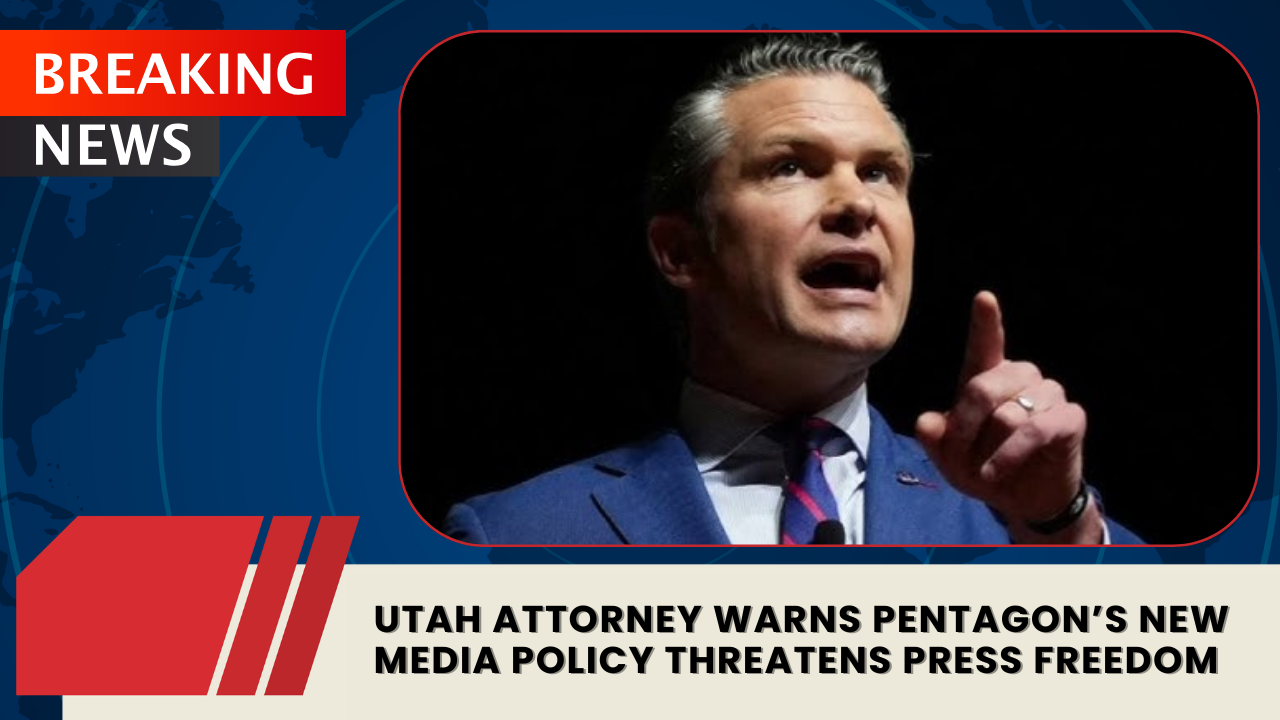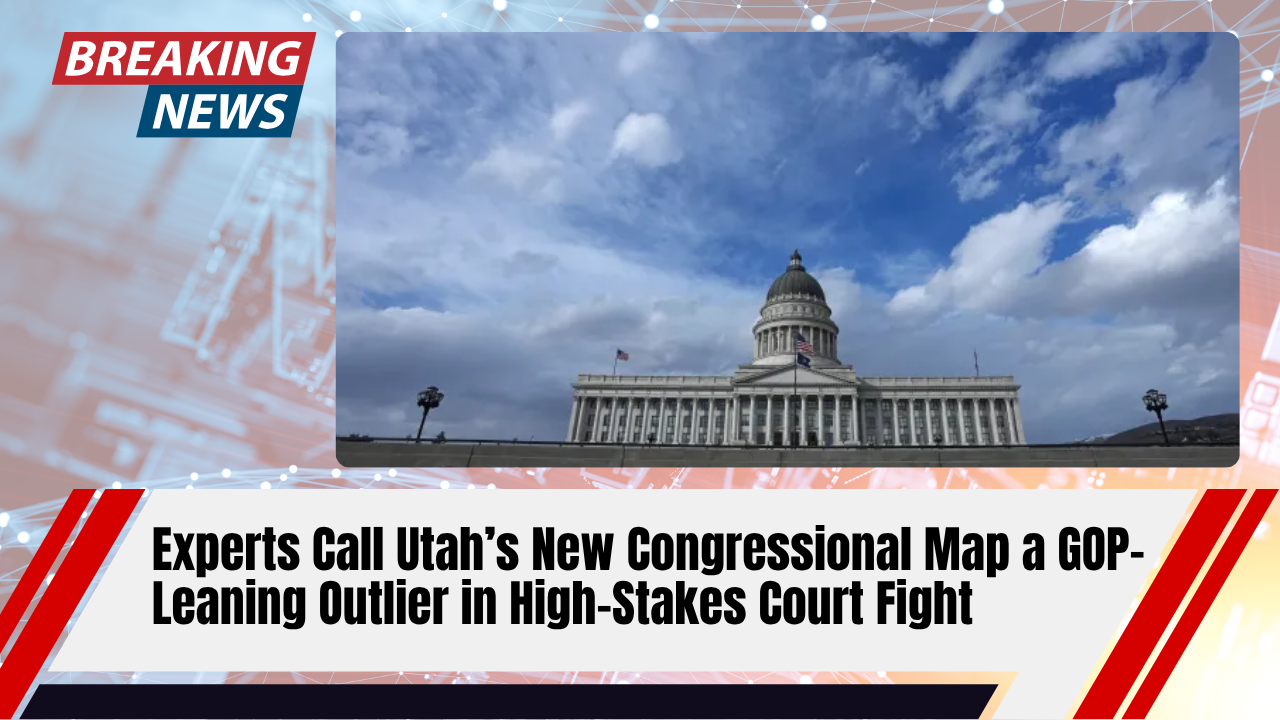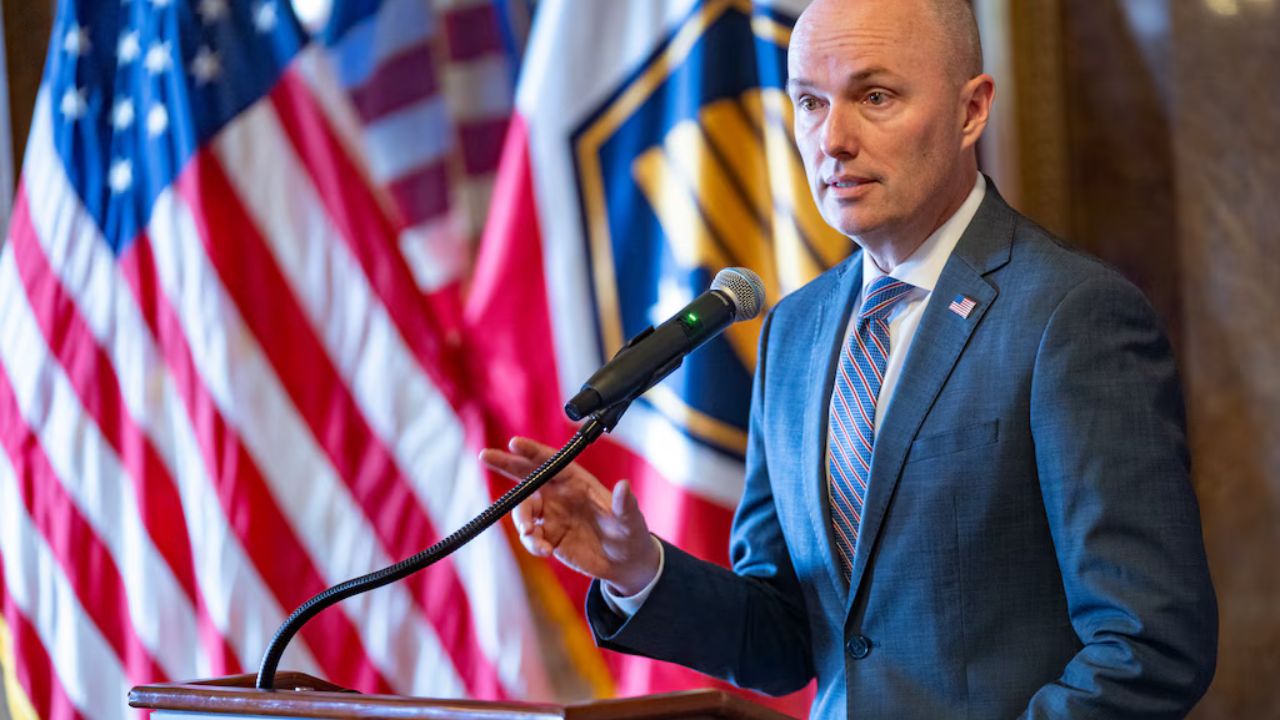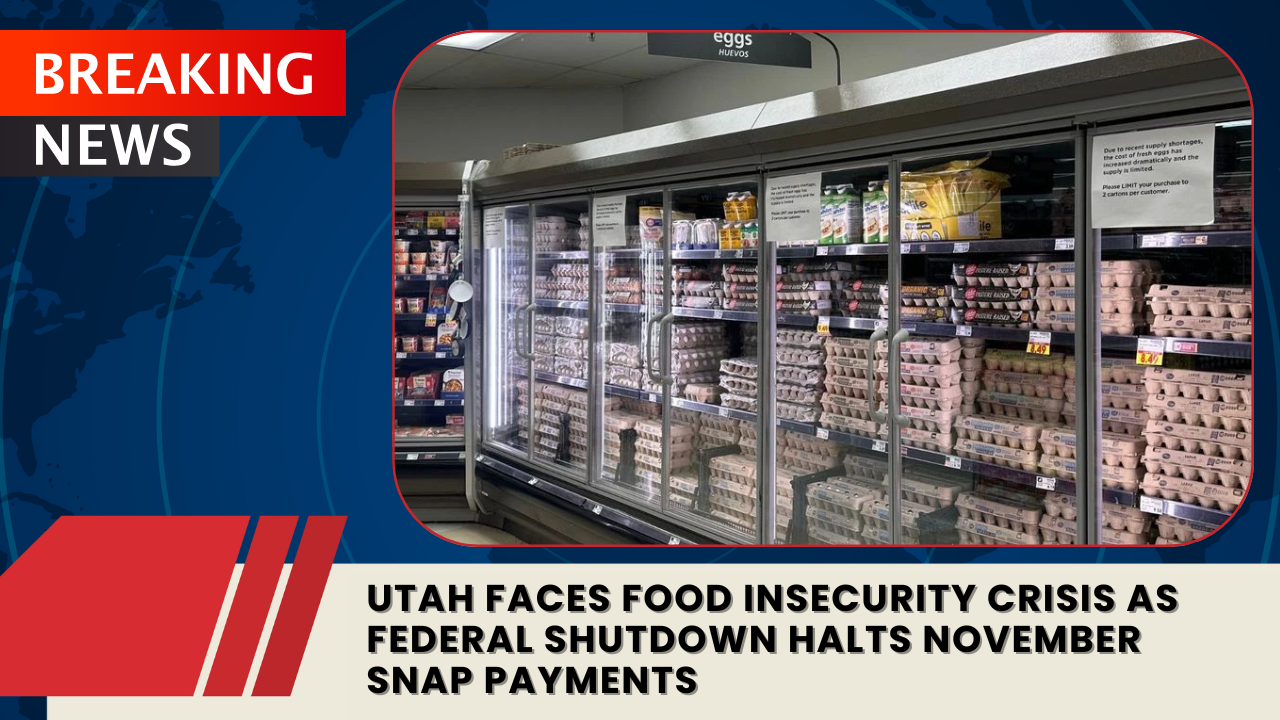Major U.S. news outlets are pushing back against a controversial Pentagon media policy that restricts journalists from publishing unapproved material, raising serious concerns about press freedom and government transparency.
Under the new rules, journalists covering the Department of Defense can only report stories pre-approved by Pentagon officials — even if the information is unclassified. Those who violate the guidelines risk losing their press credentials.
Networks including Fox News, CNN, NBC, ABC, and CBS have collectively refused to comply, calling the restrictions “a direct threat to the public’s right to know.” Video footage from the Pentagon earlier this week showed reporters packing up and leaving as the policy took effect.
Press freedom and public oversight at risk
Utah First Amendment attorney David Reymann said the new policy marks a dangerous shift in how the federal government interacts with the press.
“The whole feature of our democracy is that people want to hear for themselves what the facts are,” Reymann said. “When you start saying, ‘We just need to take the government’s word for it,’ you’re talking about an autocracy that controls communication to the public.”
Reymann warned that limiting access will make it harder for journalists to scrutinize military operations and decision-making — and for citizens to hold their government accountable.
“It’s going to be harder for the public to see what’s happening in the Pentagon,” he said. “This is a step backward for transparency.”
Calls for Utah leaders to respond
Reymann urged Utah’s elected officials to speak out against the policy, emphasizing that it could set a precedent for government secrecy across agencies.
“If you’ve got nothing to hide, show the American people,” he said. “We’re not talking about classified information — we’re talking about basic accountability.”
A chilling effect on journalism
Reymann also expressed concern that the policy could criminalize standard journalistic practices.
“The most disturbing part of this policy is the continued attempt to turn journalists into criminals for doing their jobs,” he said, citing past cases where reporters faced prosecution under the Espionage Act for publishing leaked information.
He warned that such measures could have a “chilling effect” on investigative journalism nationwide.



